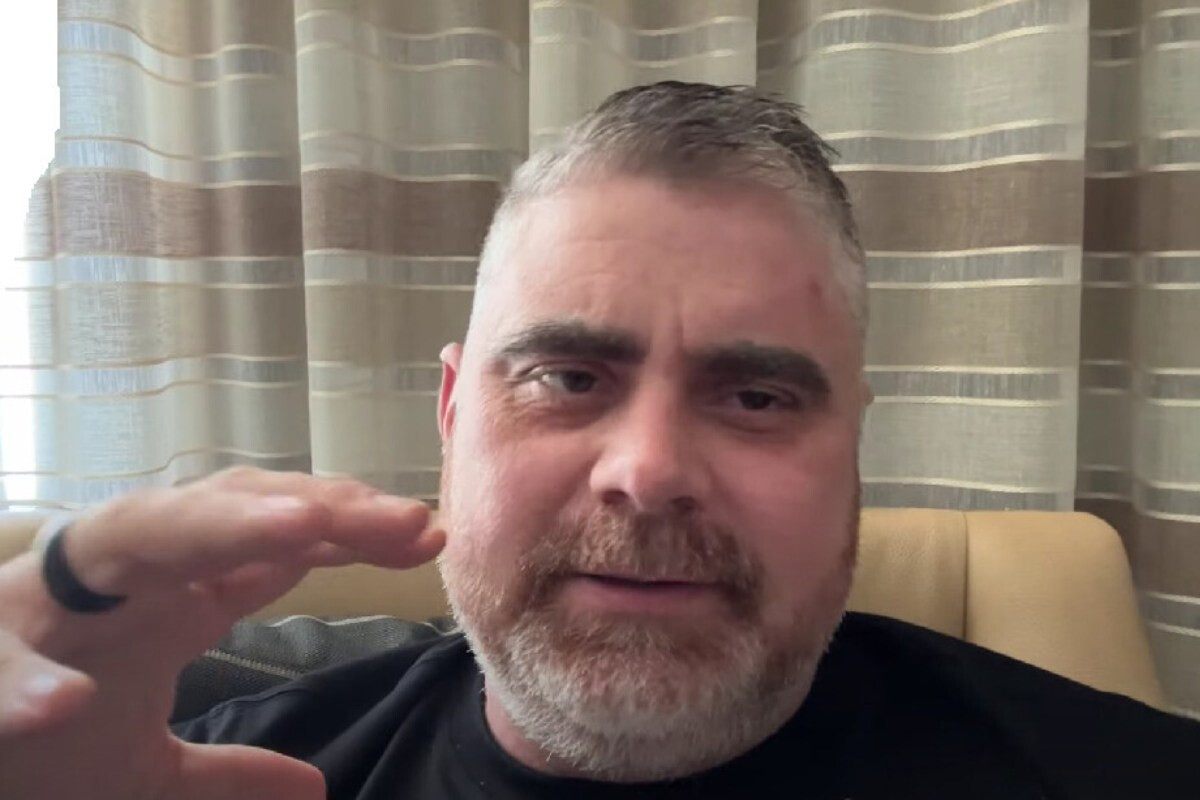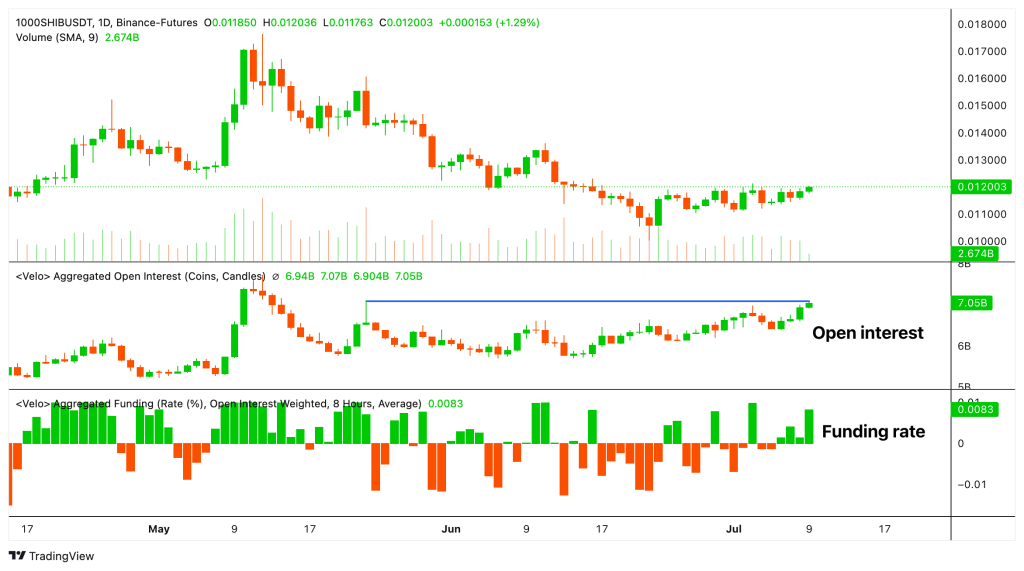Two individuals are charged with promoting and selling an abusive-trust tax shelter to clients … [+]
getty
Two individuals have been charged with allegedly promoting and selling abusive trust tax shelters to clients across the country.
The Department of Justice announced that a federal grand jury in Denver returned an indictment charging Timothy McPhee of Estes Park, Colorado, and Larry Conner of Frisco, Texas, with conspiring to defraud the United States and with assisting in the preparation of false income tax returns. The indictment also charges McPhee and his spouse with evading their personal federal income taxes. An indictment is a formal charge outlining allegations against the defendant—all defendants are presumed innocent until proven guilty in a court of law.
According to the indictment, since 2017, McPhee and Conner—along with others—promoted and sold allegedly abusive-trust tax shelters to clients nationwide for fees ranging from approximately $25,000 to $50,000.
Allegations
According to the indictment, the pair allegedly instructed clients, most of whom were business owners, to assign their legitimate business income to a sham “business trust” to make it appear as if the income was no longer owned or controlled by the client. The sham business trust then distributed income to a second sham trust, which distributed its income to a third sham trust. Each trust in the series reported deductions matching or exceeding its income, and the third sham trust purportedly “donated” any remaining income to a private family foundation, which in turn “loaned” the funds back to the client’s business or business trust, tax-free. The income and deductions were reported on Forms 1040 and Forms 1041 in a manner that allegedly fraudulently eliminated nearly all taxes owed.
According to court documents, as part of the conspiracy, McPhee and Conner assured clients and prospective clients that their business operations would not change and that they would retain complete control over their businesses and the income that the businesses generated. They also reportedly told clients to pay for personal expenses—such as mortgage payments, dining costs, and family weddings—with funds held in the bank accounts for the sham trusts. To make that happen, McPhee and Conner directed clients to open bank accounts and obtain credit cards in the names of the trusts.
The indictment also alleges that Conner and McPhee directed clients to transfer real estate and other assets, such as vehicles, to the trusts to create the illusion that the clients did not own those assets. The result, the feds charge, is that the clients ultimately avoiding paying income taxes on capital gains incurred from selling those assets. Conner and McPhee reportedly assured clients that after conveying personal property to the trusts, they would retain full dominion and control over the use and enjoyment of the property.
Other individuals were referred to in the indictment, but not named, including unindicted co-conspiractors and return preparers.
The indictment does not suggest that the individual clients knew that the clients and prospective clients knew the arrangement was wrong. Court documents state that McPhee and Conner assured “many individuals” including clients and prospective clients that the arrangement was a legal tax-reduction method. In one instance, the feds cite an email from McPhee to a client, which stated, “What I have personally found is that this is the cleanest structure I have used in 40 years of business and personal finance.”
The pair also reportedly criticized the opinions of outside accountants who questioned the legality of the the plan, claiming that those accountants simply did not understand it.
The government claims that McPhee and Conner’s promotion and sale of the tax shelter resulted in tens of millions of dollars in federal income taxes not being paid to the IRS.
The Sting
On or about January 31, 2022, an undercover agent posing as a prospective client had a video meeting meeting with McPhee. The agent claims that during the conversation, McPhee said that he knew of a trust structure that could reduce his tax liability by about 95% to 98%. According to the agent, McPhee advised that he had a team of bookkeepers and accountants who could help him “minimize taxation” through a series of trusts including a business trust, a family trust, and a charitable trust.
According to the indictment, a few weeks later, the undercover agent met McPhee in person. At that time, the agent says McPhee explained in detail how taxpayers can use the trusts to substantially reduce their tax liability. McPhee reportedly advised there was “[n]o limitations whatsoever at all” on how a taxpayer could spend the money held in a trust and said that all the money spent from a trust bank account—for example on a pool, car, meals, gifts, entertainment, or home renovations—is a deduction.
Additional Charges
McPhee and his wife, Marcia Predmore, are also charged with using the same scheme to conceal a substantial amount of their own income from the IRS. McPhee and Predmore allegedly signed trust instruments to create trusts, opened bank accounts in the name of the entities, and paid for personal living expenses from the bank accounts. The indictment alleges that the couple assigned nearly all their income to these sham trusts and transferred multiple real estate properties to one of these sham trusts before selling the property. McPhee and Predmore then reportedly filed false individual income tax returns with the IRS.
Potential Sentence
If convicted, McPhee and Conner face up to five years in prison for conspiring to defraud the United States and three years in prison for each count of aiding and assisting in the preparation of false tax returns. McPhee and Predmore also face a maximum penalty of five years in prison for each count of tax evasion.
Credit: Source link











